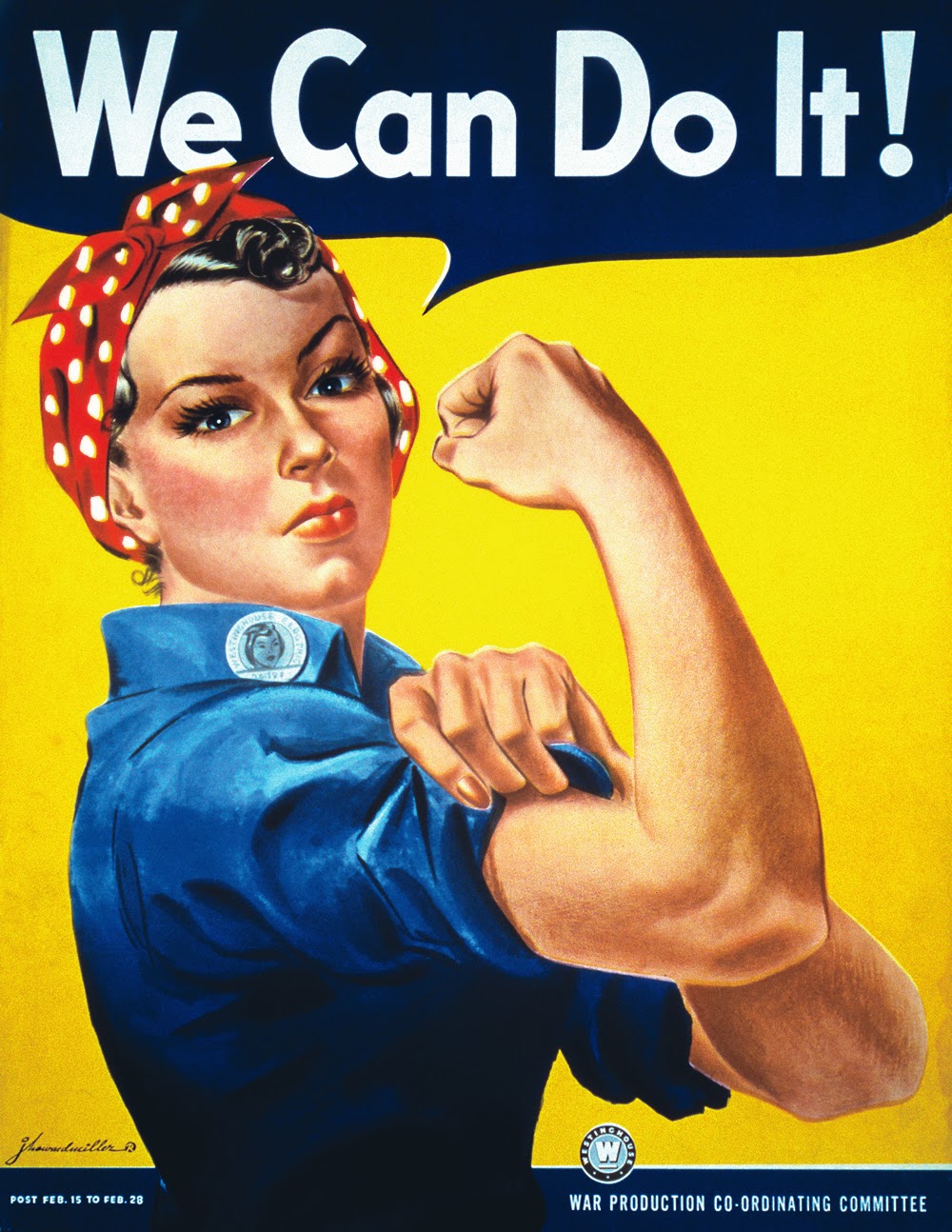Woman Work
I've got the children to tend
The clothes to mend
The floor to mop
The food to shop
Then the chicken to fry
The baby to dry
I got company to feed
The garden to weed
I've got shirts to press
The tots to dress
The can to be cut
I gotta clean up this hut
Then see about the sick
And the cotton to pick.
Shine on me, sunshine
Rain on me, rain
Fall softly, dewdrops
And cool my brow again.
Storm, blow me from here
With your fiercest wind
Let me float across the sky
'Til I can rest again.
Fall gently, snowflakes
Cover me with white
Cold icy kisses and
Let me rest tonight.
Sun, rain, curving sky
Mountain, oceans, leaf and stone
Star shine, moon glow
You're all that I can call my own.
The clothes to mend
The floor to mop
The food to shop
Then the chicken to fry
The baby to dry
I got company to feed
The garden to weed
I've got shirts to press
The tots to dress
The can to be cut
I gotta clean up this hut
Then see about the sick
And the cotton to pick.
Shine on me, sunshine
Rain on me, rain
Fall softly, dewdrops
And cool my brow again.
Storm, blow me from here
With your fiercest wind
Let me float across the sky
'Til I can rest again.
Fall gently, snowflakes
Cover me with white
Cold icy kisses and
Let me rest tonight.
Sun, rain, curving sky
Mountain, oceans, leaf and stone
Star shine, moon glow
You're all that I can call my own.
Maya Angelou
Before reading, I examined the title that Maya Angelou put to this poem. When I think of " Woman work," I think of household chores, children, and being 1 million things at the same time. Just by looking at the title, I thought of one of my teachers, Mrs. A. Moore. In one class discussion, she told us that women have multi-consciences. In that, she has to endure being a woman, an African american, teacher, mother, student, and wife. Those are a lot of things to hold on your back.
The poem was like an awakening to me. It reminded me of all the things women must do for their families. And, even though it is hard work, they finish all their obligations. It reminded me of my mother, and every other woman present in my life. From now on, I will do my best to help my mother in everything I can.
In the poem, she mentions that the woman must all pick cotton. This reminded me of slavery. The women during this time period endured a lot of struggles. They had to be in the sun all day picking cotton and then get home to only do more work.
At the end of the poem, she says that she can only call her own the sun, mountains, oceans. She does not have the power to go out of her everyday living and take a break. So, she enjoys the little things that life has to offer.
The author, Maya Angelou used a variety of figuarative language to effectively come across her audience. First of all, she uses parallelism in lines 2-5.The use of parallelism effectively organizes her ideas to better connect with the audience. She uses it to list chores that women must do. " The clothes to mend. The floor to mop. Then the chicken to fry. The baby to dry."
Next, she uses end rhythm. By using this, Maya Angelou's poem flows cohesively and smoothly. This facilitates the reader's engagement because it is easy to follow. The end rhythm connects all the chores women must do.
Next, she uses personification. She gives the sun the ability to shine. She gives the storm the ability to blow her away. She communicates with all the elements of weather. This tell the reader under what circumstances women must work. It does not matter if it is raining out. You must not let it get in your way.



No hay comentarios:
Publicar un comentario